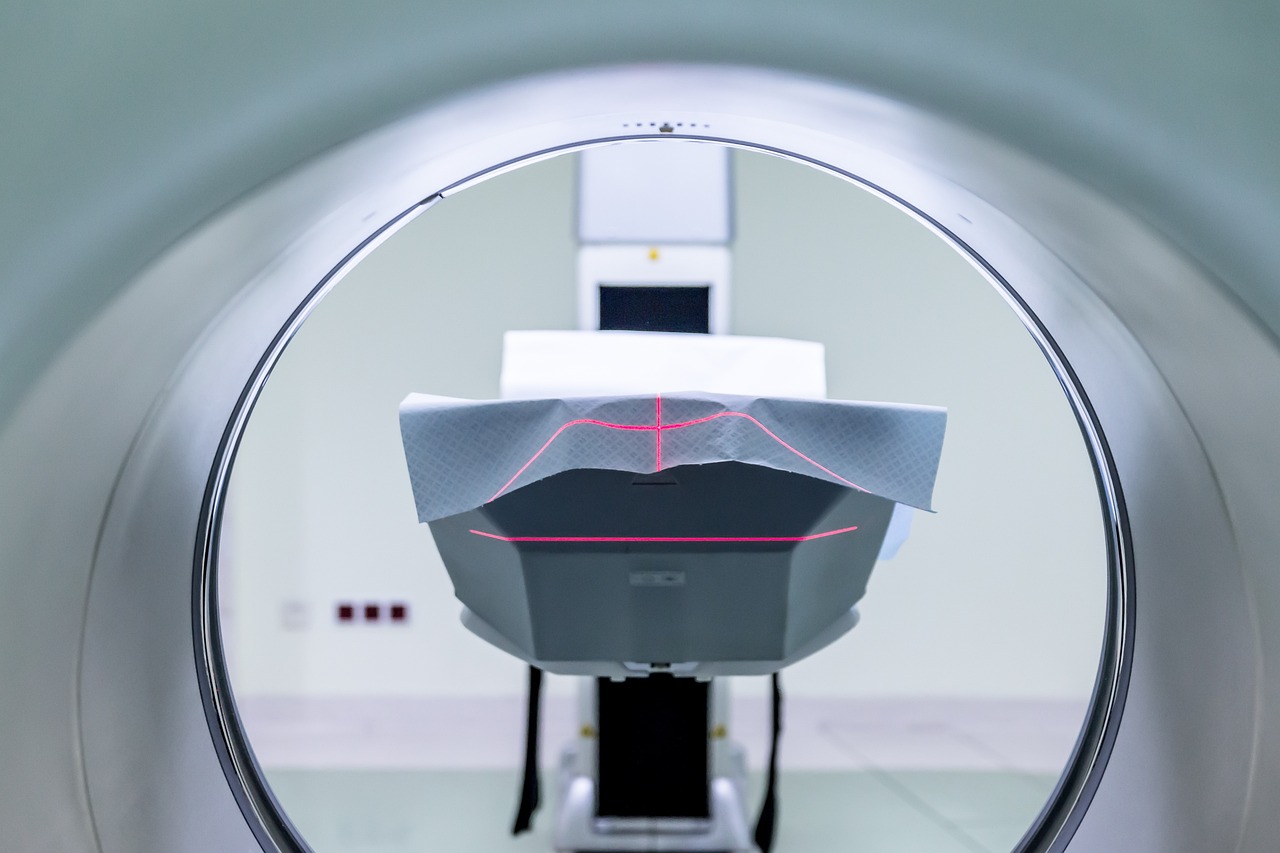
In an age when medicine can detect the subtlest biological signals—from a microscopic plaque in an artery to genetic markers for diseases decades away—it seems we should feel more secure about our health than ever.
But we don’t.
Instead, patients are increasingly anxious, confused, and overburdened with information they didn’t ask for and often don’t understand. At the heart of this anxiety is a growing problem in American healthcare: diagnostic overtesting.
One of the loudest and most respected voices warning against this trend is Dr. Andrew Rudin, MD, a nationally recognized cardiologist who has spent years not only treating patients with complex heart conditions, but also researching the cultural, emotional, and systemic consequences of overuse in medical diagnostics.
“We’re not using tests to reassure people anymore,” says Dr. Rudin. “We’re using them to manage our own discomfort with uncertainty. And in the process, we’re teaching patients to fear their bodies.”
A Cardiologist’s Perspective
In cardiology, the stakes are high. Missed heart disease can be fatal—but so can overreaction to incidental findings, which often lead to unnecessary procedures or long-term medication regimens for conditions that were never dangerous.
Dr. Rudin has seen it all: patients referred for catheterizations based on vague imaging results; young adults given lifelong diagnoses for benign arrhythmias; and people who come in for peace of mind but leave with a permanent medical label.
“The irony,” he says, “is that the more advanced our tools become, the more we seem to find—but the less we seem to understand.”
The Psychology of the “Clean Bill of Health”
Many patients believe that more testing equals more safety. It feels responsible. It feels thorough. But often, it results in a troubling psychological loop:
- The patient worries.
- The doctor orders a test “just to be sure.”
- The test is normal—but the reassurance is short-lived.
- Next time, the same worry returns—stronger.
This creates what Dr. Rudin calls a reassurance trap. “When tests replace conversation, we lose the opportunity to address the real concern: fear,” he explains. “And fear doesn’t respond to lab results—it responds to trust.”
When “Early Detection” Isn’t Helpful
Cardiology, more than most specialties, has been swept up in the belief that early detection saves lives. And in many cases, it does. But as Dr. Rudin warns, the threshold between early detection and overdiagnosis is thinner than most realize.
For example:
- A coronary CT scan might detect small plaques in an otherwise healthy person—leading to lifelong statin use without strong evidence of benefit.
- Benign palpitations may trigger invasive testing and even ablation procedures.
- Minor EKG anomalies could be flagged during routine checkups, resulting in years of follow-up and financial strain.
“Not everything we can find needs to be treated,” Rudin says. “But once it’s found, the psychological weight can be enormous—for both the patient and the doctor.”
The Cultural Cost of Overmedicalization
Beyond the clinic, Dr. Rudin sees a deeper cultural shift taking place: the medicalization of everyday life. Minor symptoms once dismissed as normal—fatigue, skipped heartbeats, occasional anxiety—are now reasons to test, scan, and monitor.
The consequence? A society in which people feel broken by default and suspicious of wellness.
“We’ve trained a generation to believe that health is the absence of uncertainty,” Dr. Rudin warns. “But that’s not health—that’s a fantasy.”
Moving Toward Restraint, Not Recklessness
Importantly, Dr. Rudin is not advocating for minimalism or neglect. As a cardiologist, he knows the value of precise diagnostics. But he insists that wisdom in medicine must include knowing when not to test.
What does that look like in practice?
- Conversations that prioritize risk understanding over risk elimination
- Shared decision-making that includes the emotional and financial costs of testing
- Education on what test results can and can’t tell us
- Systemic reforms that reward thoughtful care, not just thorough documentation
Reclaiming the Therapeutic Relationship
At its heart, Dr. Rudin’s message is about trust—between patient and clinician, between uncertainty and action, between fear and facts. He believes the most powerful diagnostic tool isn’t the scan or the lab—it’s the willingness to listen deeply, speak honestly, and act responsibly.
“A clean scan doesn’t mean a clean mind,” Rudin says. “Only relationship-based medicine can restore that kind of peace.”
Final Thoughts
As the healthcare system grows more technologically complex, the emotional experience of being a patient becomes more fragile. Overtesting promises answers, but often delivers anxiety, expense, and confusion.
Dr. Andrew Rudin, MD, through his clinical work and national advocacy, reminds us that restraint in medicine is not a weakness—it’s wisdom. And that true healing begins not when we eliminate every risk, but when we learn how to live with the ones that remain. Read more here.